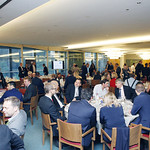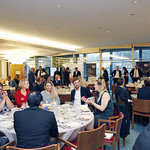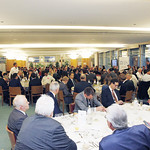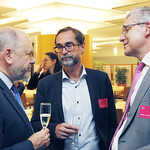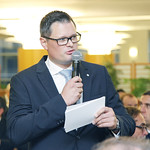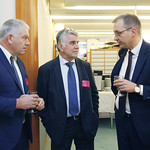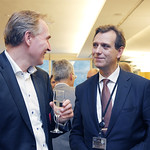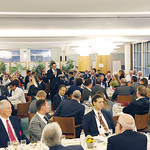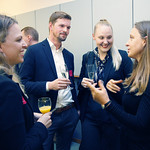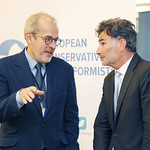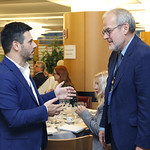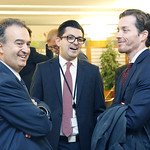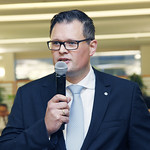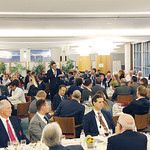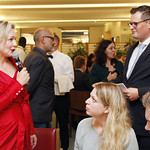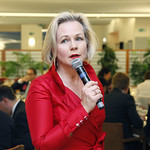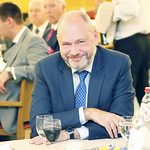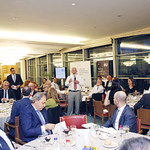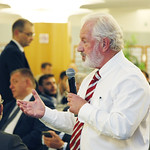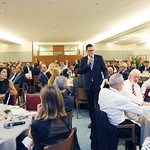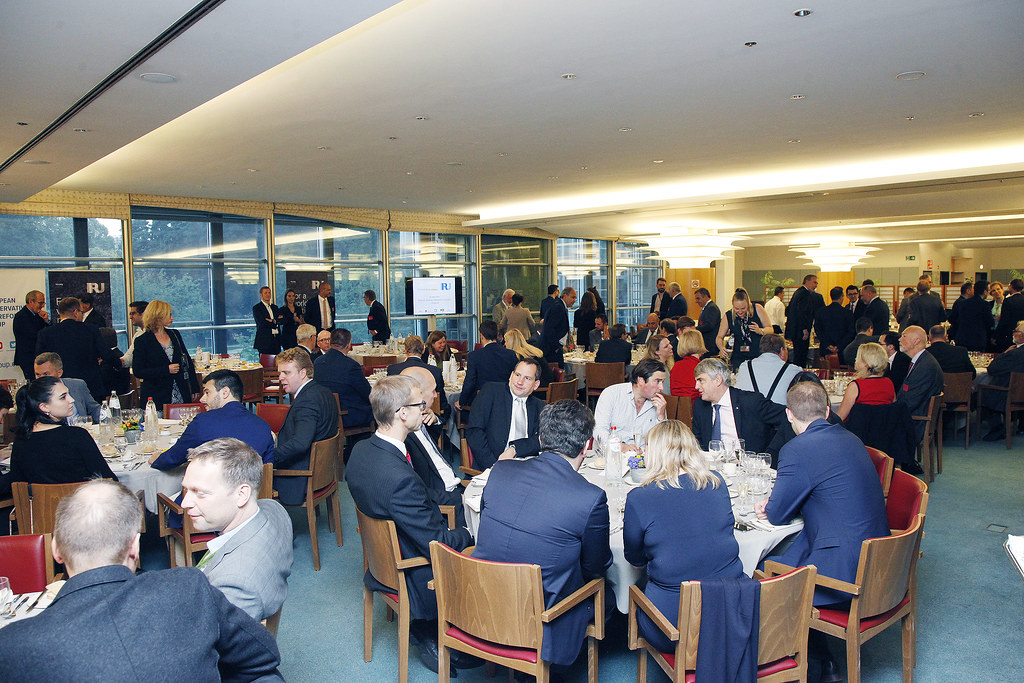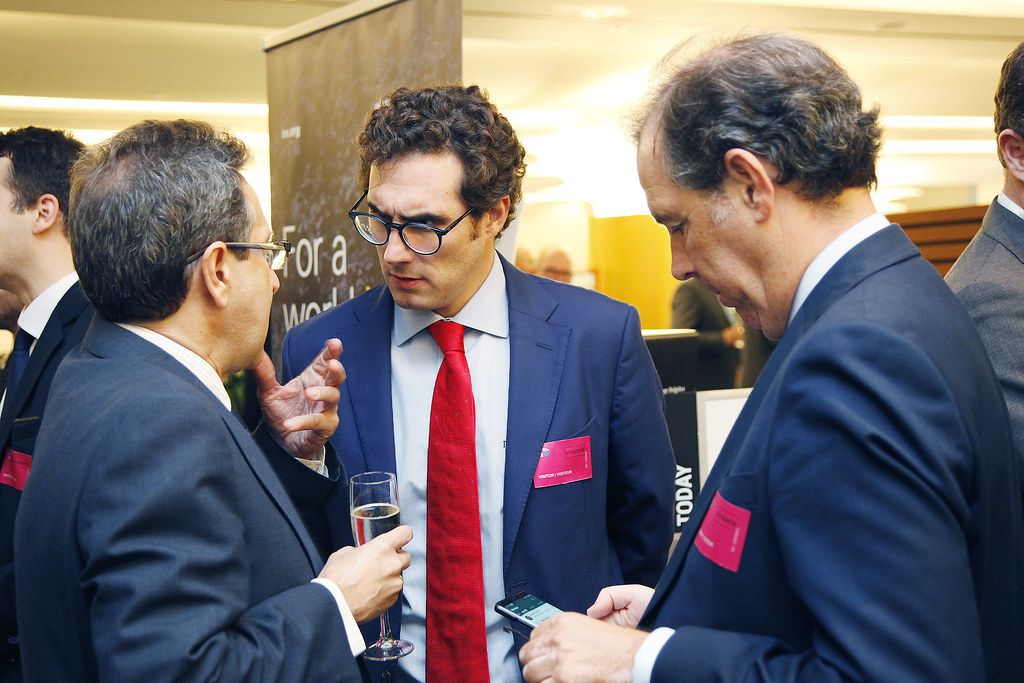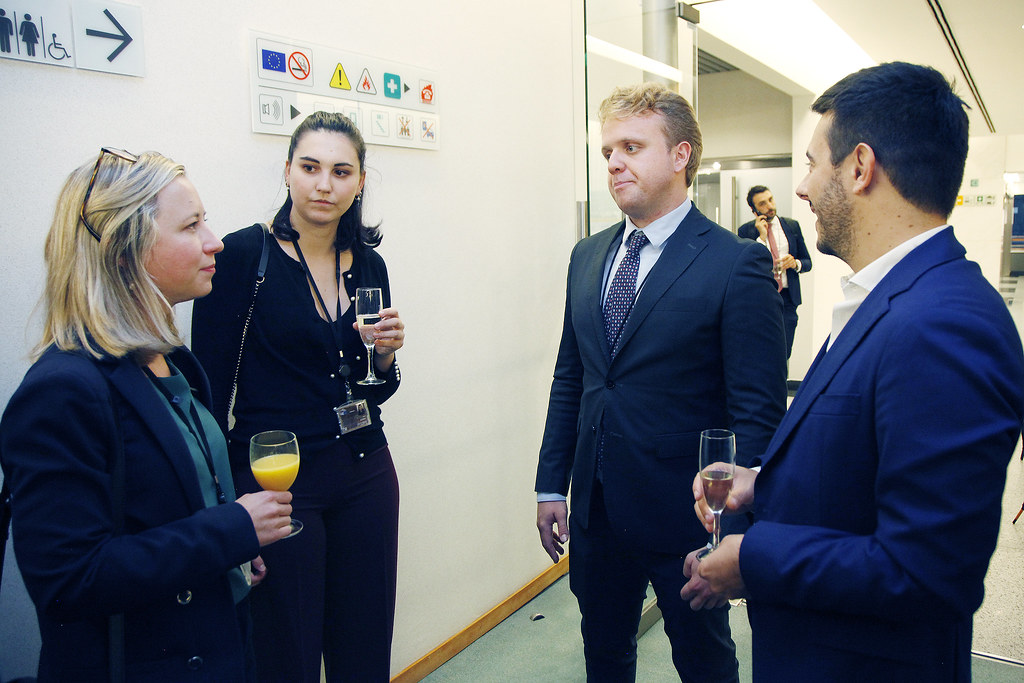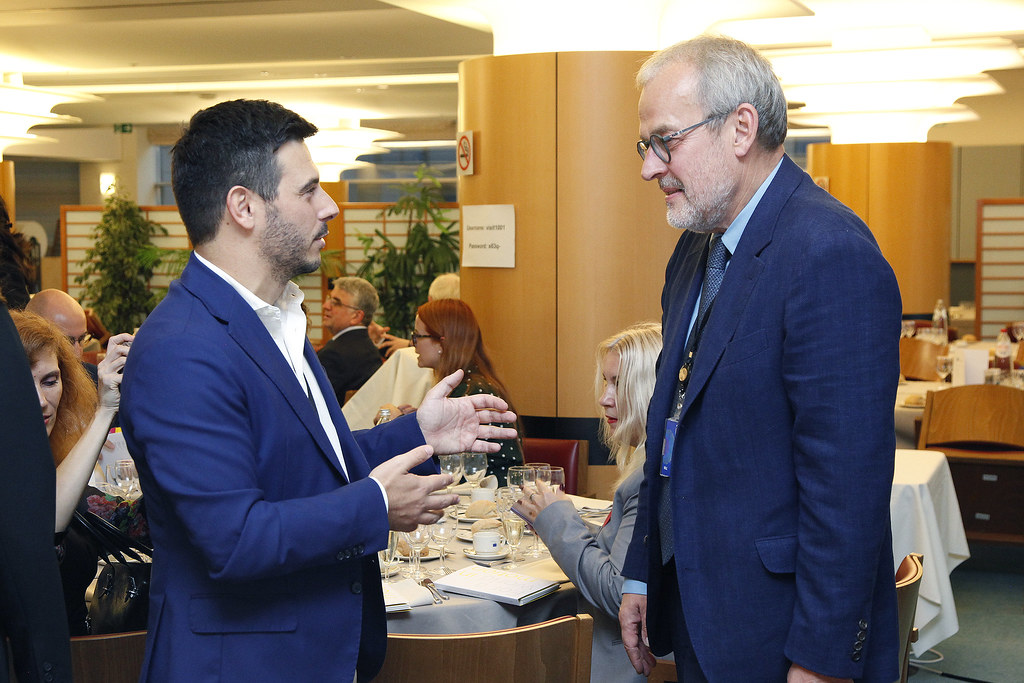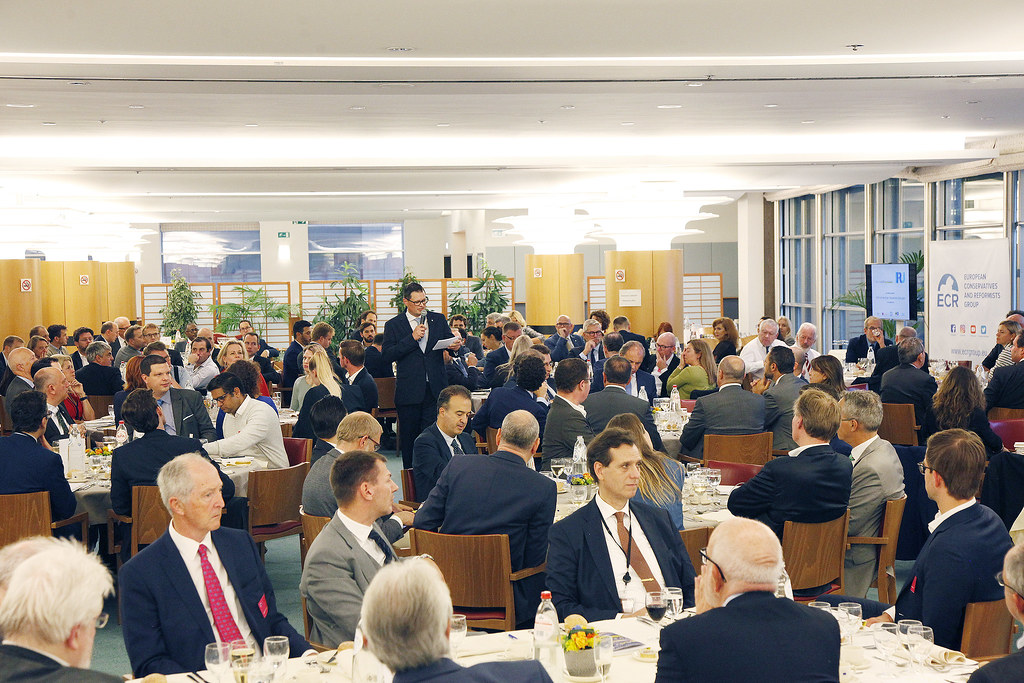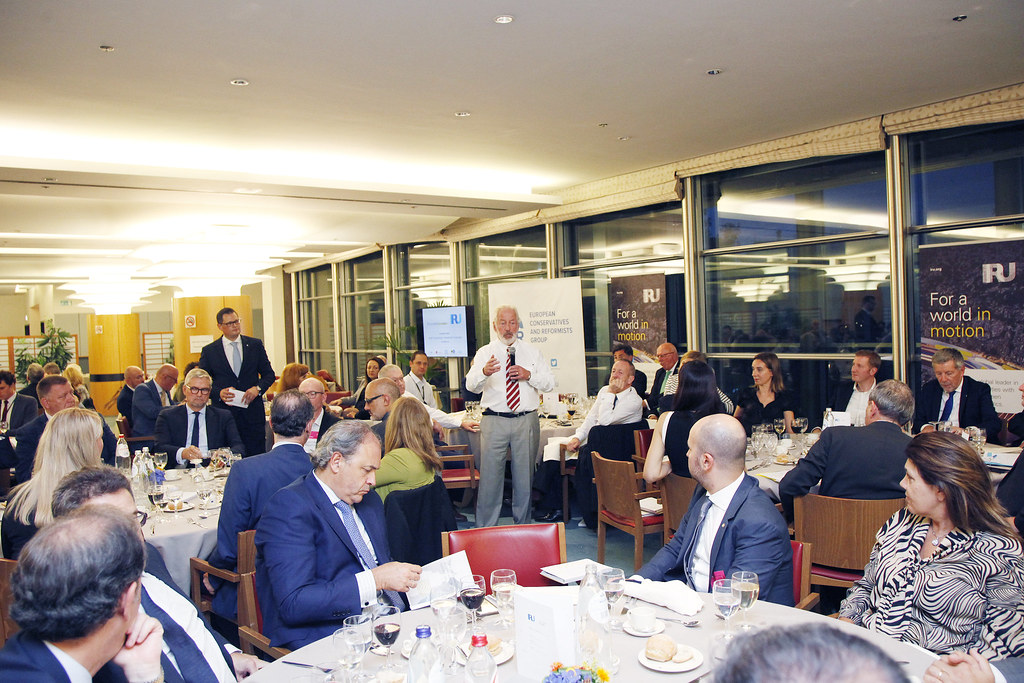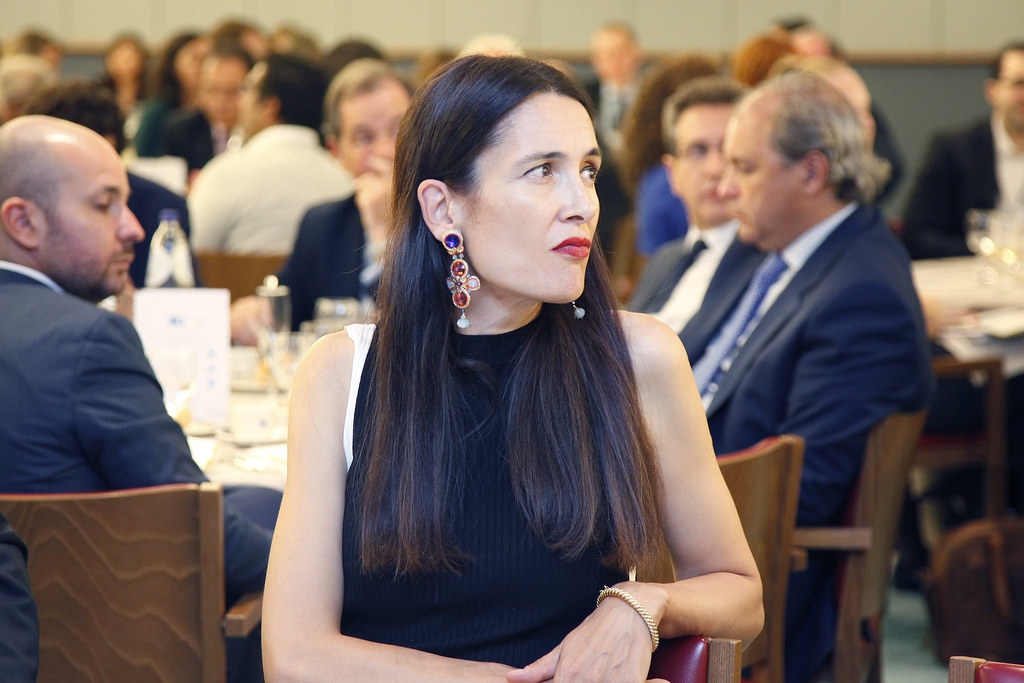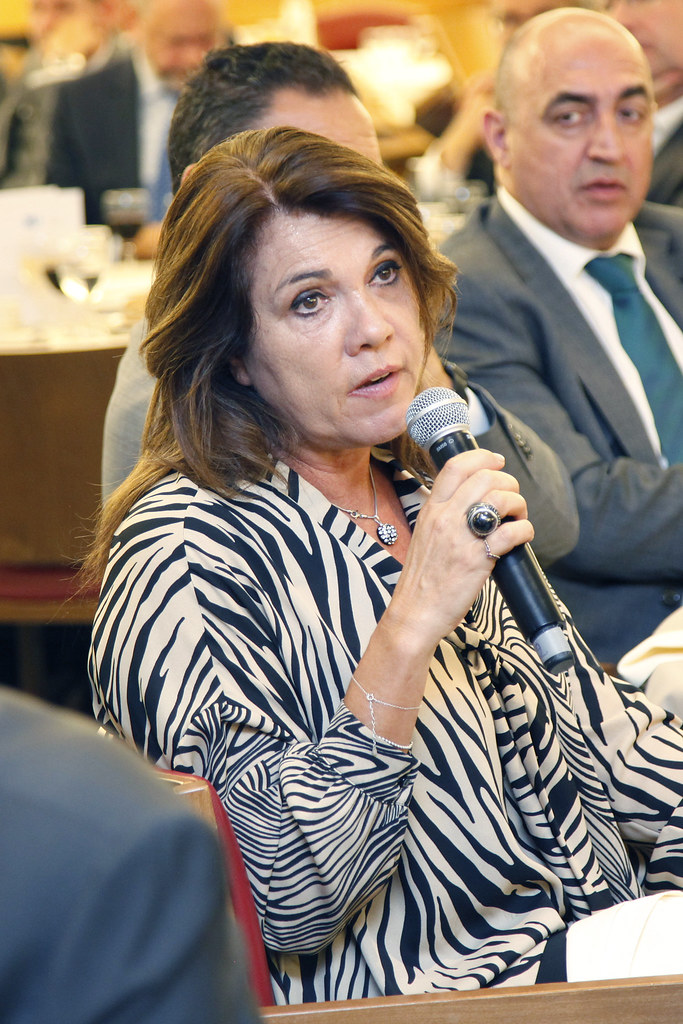IRU gathered more than 230 representatives of the road transport industry and 25 EU parliamentarians in the European Parliament this week to discuss the priorities for commercial road transport in Europe in the next five years.
The debate, which tackled the sector’s priorities as laid out in IRU’s recently launched Manifesto, came at a timely moment when the new team of Members of the European Parliament (MEPs) and the European Commission leadership are looking ahead to their terms. Europe’s prosperity and social unity relies on commercial road transport services, a sector which currently employs five million people.
Greener mobility
The debate started by highlighting the role of high capacity transport, including collective passenger transport and European Modular System (EMS) trucks. With a potential of reducing CO2 emissions by up to 40% immediately, high capacity transport is a key enabler and low-hanging fruit in the fight against climate change. The greater use of buses and coaches, taking passenger cars off the road, is another key solution to curb CO2 emissions by 40%.
Both for demand and environmental reasons, MEPs also expressed their support for IRU in calling on the European Commission and governments to revise transport policies to optimise modal cooperation and abandon the modal shift policy.
IRU also drew MEPs’ attention to the need of recognising the decarbonisation potential of alternative and low-carbon fuels options available for long-haul road transport. The methodology used to measure CO2 should assess the full environmental life-cycle costs of vehicles with a well-to-wheel approach.
People at the industry’s heart
The road transport industry is currently facing an acute driver shortage in Europe, with roughly one in five driver positions currently unfilled. All MEPs recognised the urgency to improve working conditions for drivers and set up enough safe and secure truck parking areas across Europe. IRU also called for a dedicated legislative proposal on driving and rest time rules for coach tourism drivers.
Lowering the driver age and facilitating the entry into the profession were also emphasised as ways to overcome driver shortage and fight youth unemployment in Europe. IRU called on MEPs to make use of the upcoming revision of the driving licenses’ directive to fix the shortcomings.
Driving prosperity
Digitalisation is a game changer for road transport that can bring significant benefits in terms of efficiency and reduction of costs. All mobility players highlighted the need for a harmonised framework and better governance for data access and sharing in freight and mobility services, to be able to operate on a level playing field.
This dinner debate was the first step of IRU’s collaboration with the new European Parliament Members and the other European institutions on all its calls for action and served as an excellent opportunity to pave the way for the mobility of tomorrow around environment, people and prosperity.

